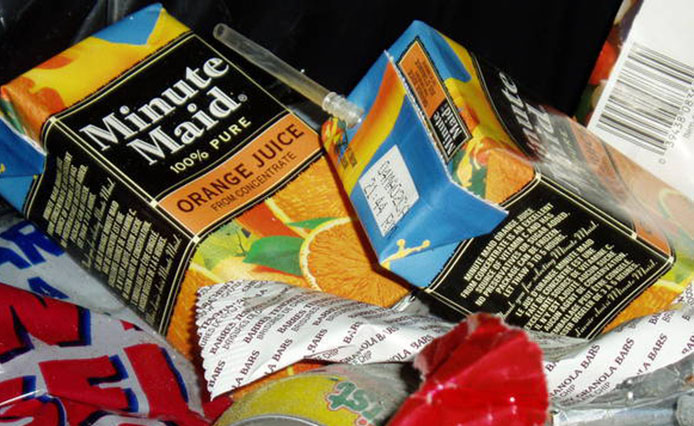The City of Springfield has concluded the first phases of a Trash and Recycling Collection Efficiency Study that have included an analysis of the current collection system, several methods of public outreach and regional and benchmarking comparison research.
The in-depth study was commissioned after questions were brought up by the Neighborhood Advisory Council and City Council regarding potential impacts and inefficiencies of the current system. Springfield has a free market system for the curbside collection of the community’s solid waste (trash and recycling materials).
Findings from the public outreach phase reflect a statistically valid representation of the city population and reveal that Springfieldians are open to change, but value these four factors: cost, quality and variety of services, environmental stewardship and protecting the interests of small, local businesses.
Study results show that residential trash service is provided by more than ten licensed haulers within city limits. More than 58% of citizens report paying more than $12 per month for trash collection. Reported prices vary considerably from $10 per month to more than $16 per month for trash service only. Several other Missouri communities with citywide programs provide multiple curbside services (trash, recycling, bulky item and/or yard waste collection) with bundled pricing. Springfield residents appear to be paying similar per household rates without including the extra services.
In order to forecast costs of service for an optimized collection program in Springfield, a financial analysis was conducted using a series of industry benchmark inputs. Results indicate it could cost less than $10 per month for trash collection and less than $13 per month for combined trash and city-wide curbside recycling collection.
73 percent of citizens believe it is important for the City to practice environmentally responsible waste management such as recycling.
City staff members are requesting that City Council members eliminate certain options from future consideration. Council members are being provided with a full study report before Council reconvenes to discuss and deliberate options.


